THE FIFTH ESTATE. Surprisingly well-crafted, engaging thriller
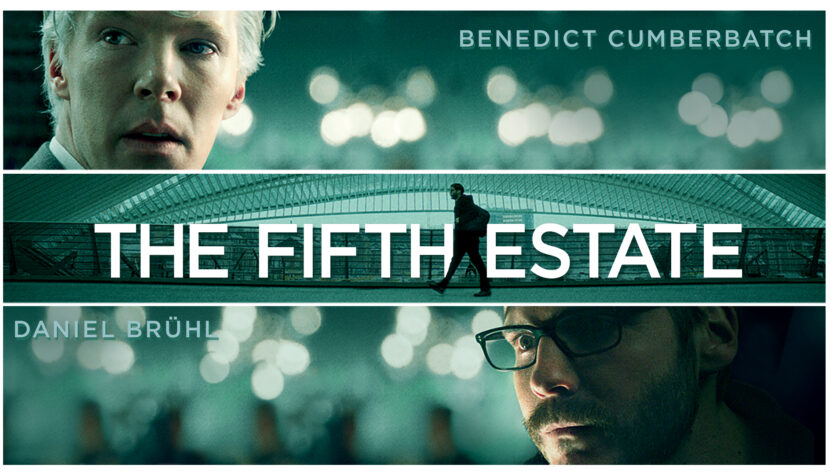
The Australian decided to deliver strictly confidential information to the world at any cost through the platform he created. From the very beginning of his crusade, he played with fire, challenging influential corporations enriching themselves dishonestly and becoming a thorn in the side of the United States government. However, the seemingly anonymous internet did not protect Assange from the consequences of releasing classified documents, ultimately forcing the skilled hacker to leave the borders of Sweden to avoid arrest.
Inspired by Assange’s story, The Fifth Estate was decided to be made, primarily based on two books portraying the colorful character of the Australian activist. One might get the impression that the events described would be material for another typical film whitewashing Assange, portraying him as a crystal-clear hero fighting for freedom of speech in a dull and uninspiring thriller. However, as it turns out, the hastily released production (just a few years after the key events) has much more to offer than it may seem at first glance…
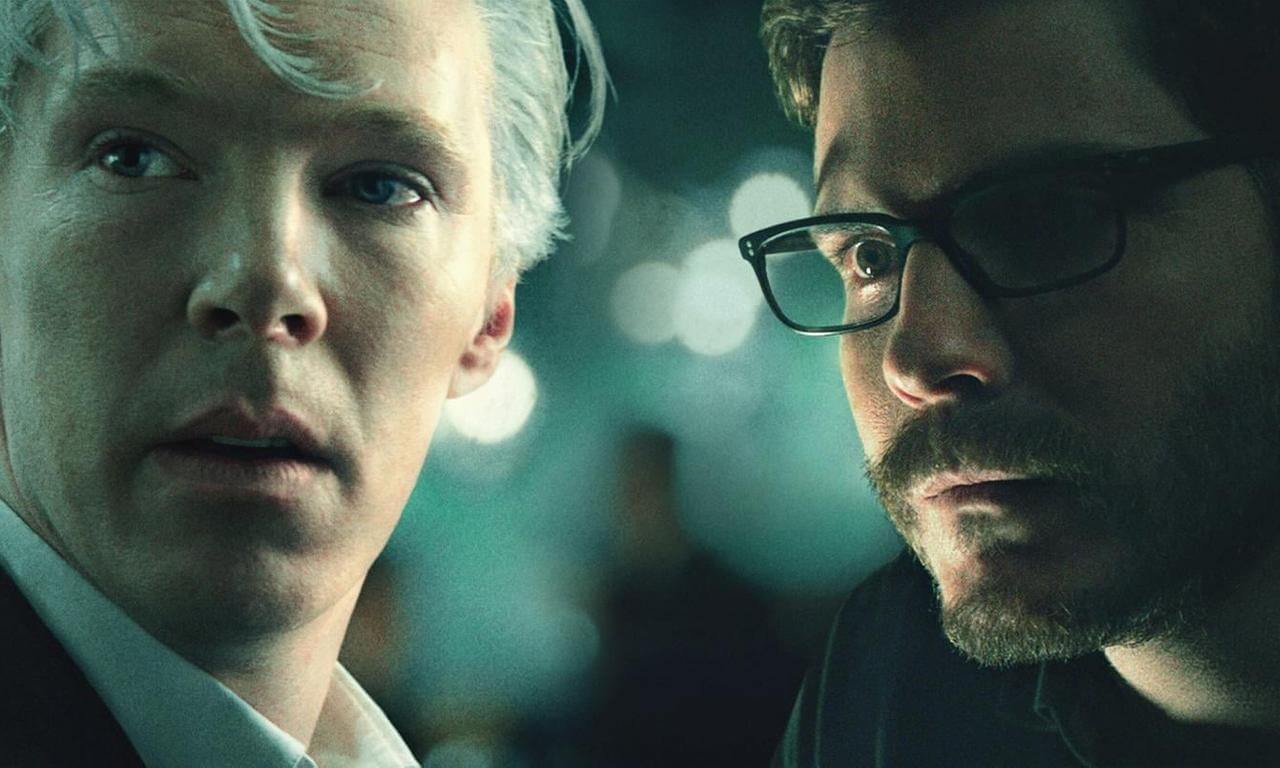
The Fifth Estate begins by depicting the humble beginnings of the WikiLeaks project, whose father was the talented and ambitious Julian Assange (Benedict Cumberbatch). One day, the mentioned activist meets journalist Daniel Domscheit-Berg (Daniel Brühl), fascinated by Assange’s efforts to deliver the truth hidden by the mass media to the people. Successive achievements tighten the bond between the partners, who increasingly sacrifice their personal lives for a higher ideal. Moreover, the expanding platform quickly attracts the attention of foreign governments that are not planning to overlook the publication of inconvenient materials. When Assange obtains documents that could threaten the safety of informants working for the United States under cover, both he and Domscheit-Berg become the number one enemies of America trying to avoid embarrassment…
The Fifth Estate is like watching a good, polished political thriller. This is due to both the well-written script (by the relatively unknown Josh Singer) and the skillful direction of Bill Condon (previously known for the biographical Kinsey, critically acclaimed Dreamgirls, or the latest parts of the tragic Twilight saga). Contrary to my concerns, the film about Assange’s fate is neither bland nor one-dimensional. The creator successfully builds tension, showing the increasingly audacious actions of the two main characters teetering on the brink of madness. Playing games with the governments of powerful nations, even in the name of the noblest idea, is a short and straightforward path to serious trouble, as the Australian comes to realize vividly.
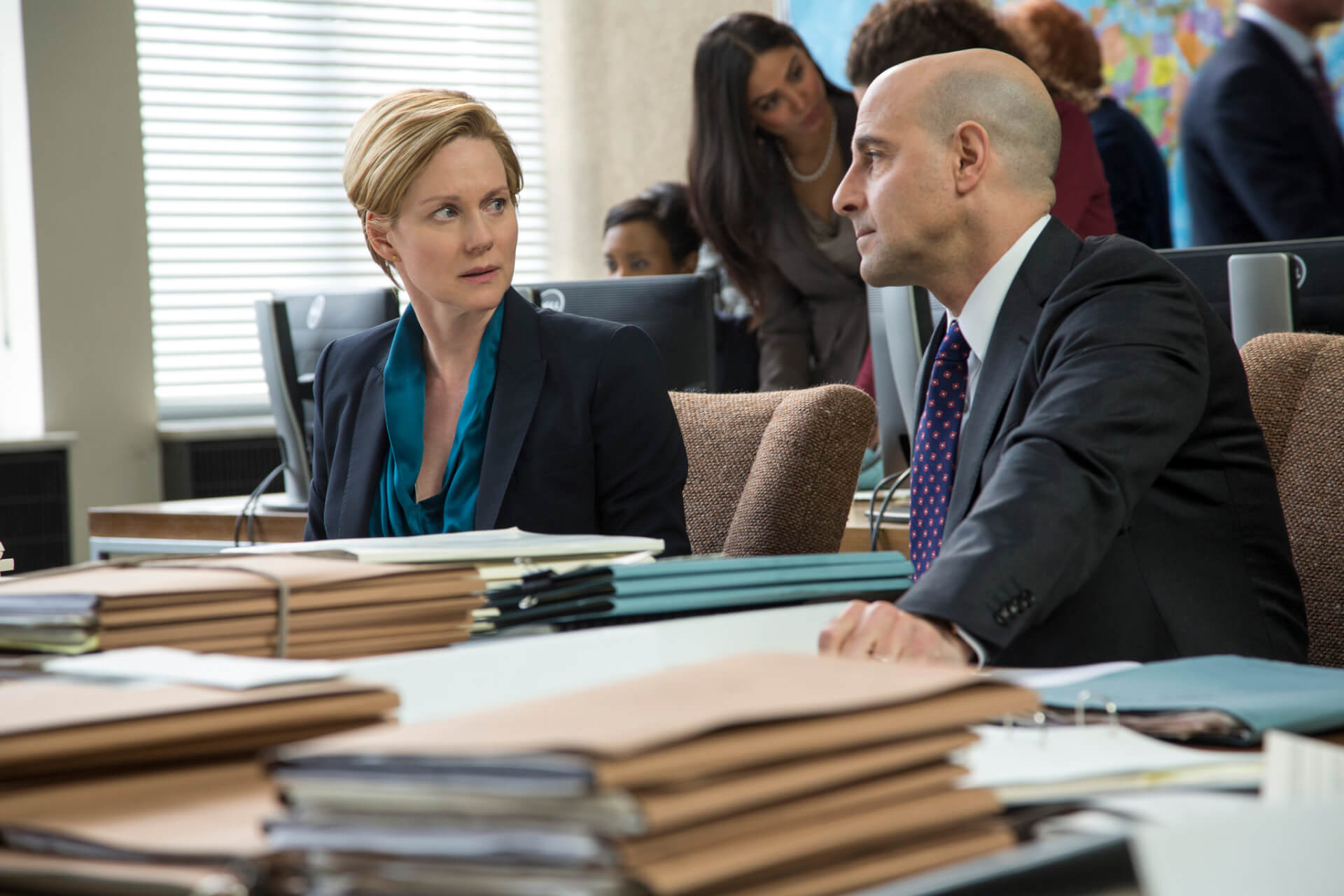
A significant portion of the film’s scenes involves exchanges via computer links and digging into virtual reality, somewhat reminiscent of the cult Hackers from 1995 with a young Angelina Jolie. Shots depicting conversations between the main characters through the internet are filled with the obligatory manic typing on the keyboard, and the texts appearing on the screen pulsate with the cool hues of computerized fonts. This effectively emphasizes the specific atmosphere of electronic exchanges, complemented by equally electronic music composed of characteristic samples that send shivers down the viewer’s spine. However, the director’s skills shine through in the fact that even the dialogues conducted through the network have the right dynamics, effectively building the tension accompanying the development of the story. Condon (oops!) also went a bit wild with the metaphorical representation of the WikiLeaks project’s headquarters, illustrating the bond among the “employees” fighting to defend freedom of speech. Spectacular.
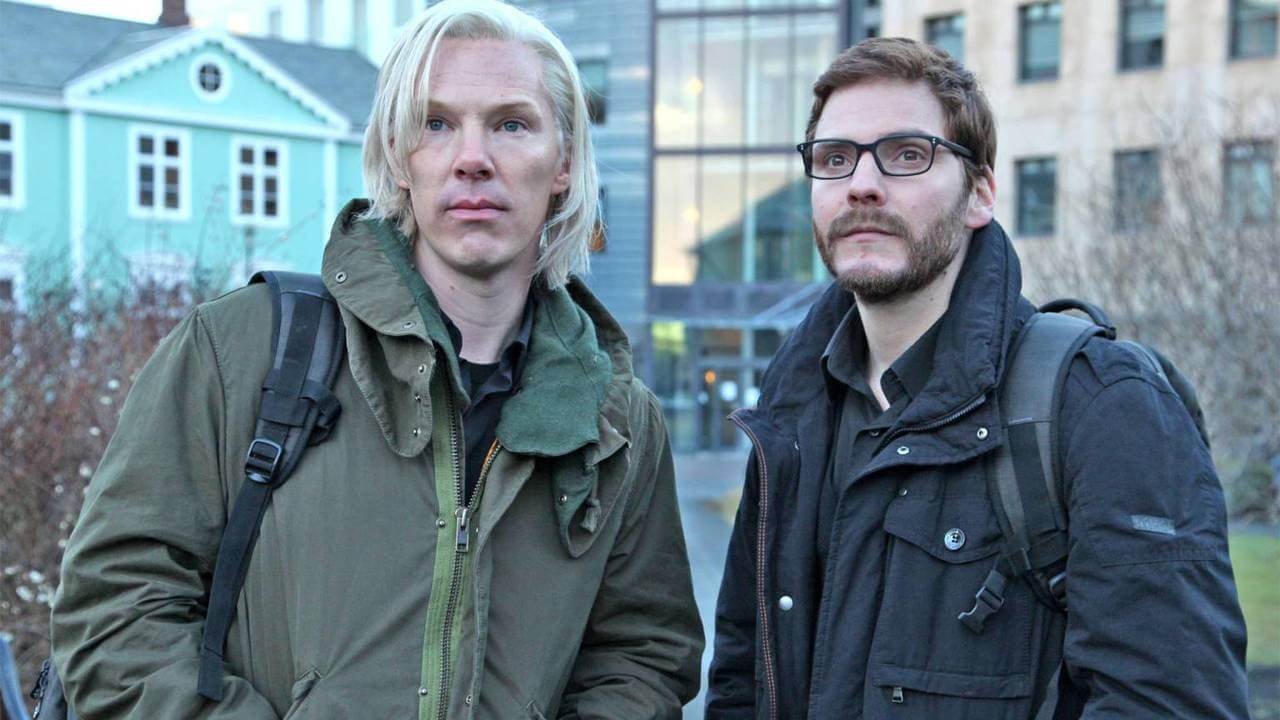
The Fifth Estate focuses a lot on the characters, portraying both the strengths and flaws of each person in the drama. The main provocateur in the form of Julian Assange is a man of dual nature, willing to sacrifice everything for a fight he knows is already lost. The protagonist’s past is intriguingly outlined, including the reasons for the mysterious gray hair (at the age of only 40) and the difficult childhood of the Australian. Cumberbatch adds incredible charisma to Assange, portraying the controversial figure brilliantly. Thanks to the actor’s efforts, Assange becomes a flesh-and-blood person, attracting with eloquence and skills while repelling with a tendency to manipulate and pursue the goal at any cost. The monologue directly addressing the camera, where Assange speaks as if… to the viewer watching the movie, is particularly impressive. He emphasizes the importance of seeking the truth independently to avoid manipulation. It’s a mastery reminiscent of Oliver Stone’s famous JFK speech by Kevin Costner.
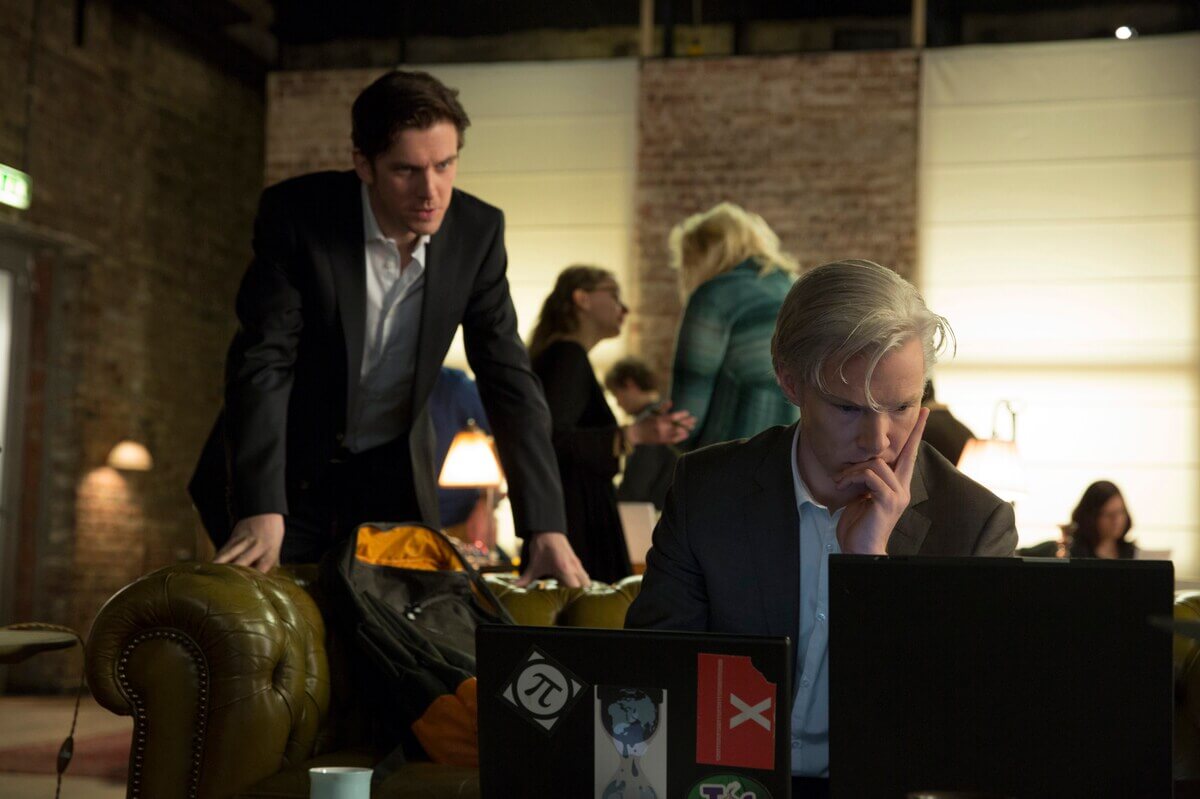
The character of the journalist involved in the matter, Domscheit-Berg, also plays a crucial role in subsequent events. The viewer observes with interest how the mentioned character succumbs to Assange’s insane idea, delving deeper into the dangerous world of government and corporate secrets. Berg also gains the trust of WikiLeaks’ creator, gradually uncovering more deeply hidden cards from the turbulent past of the gray-haired programmer. Daniel Brühl, who looks like a copy of the little-known Briton Ewan McGregor, effectively complements Cumberbatch, filling his character with juice and personality. The cast also includes other interesting names, such as Stanley Tucci (mainly in political roles lately), Laura Linney, or Anthony Mackie (Pain & Gain). The excellent lead roles are a strong point of the film, greatly influencing its attractiveness.
Despite its financial failure in theaters (an opening at a laughable $2 million), The Fifth Estate is a surprisingly well-crafted thriller that sheds light on the development and significance of the WikiLeaks platform, as well as on Assange himself. Thanks to interesting stylistic techniques (scenes with computerized dialogue exchanges, metaphorical representation of the organization’s structure), very good music that effectively builds the atmosphere, and multidimensional characters played concertedly by the main actors, the production, despite its 2-hour runtime, never gets dull.
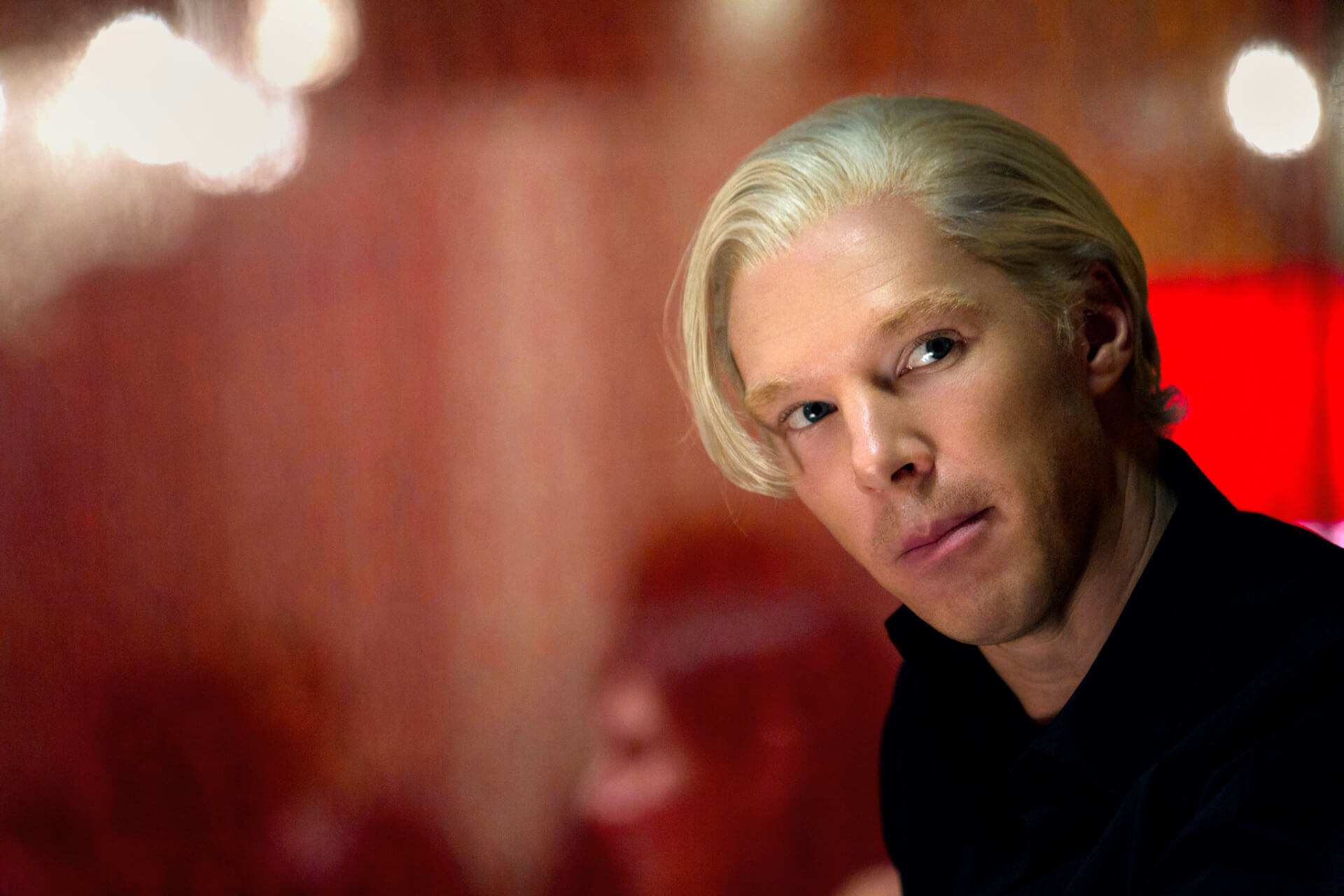
In other words, The Fifth Estate is as engaging as any fictional scenario-based thriller, offering a perspective on the media-discussed issue without forced morality, where Assange would be a contemporary martyr for faith. The film leaves an open path to interpreting the righteousness of the activist’s actions, a path that is clearly suggested in the aforementioned monologue towards the camera. Therefore, it’s worth watching The Fifth Estate to form your own opinion on WikiLeaks and the accompanying repercussions. For me, the production prompted a closer look at the matter while providing 120 minutes of good filmmaking craftsmanship. Definitely recommended for political thriller fans.

